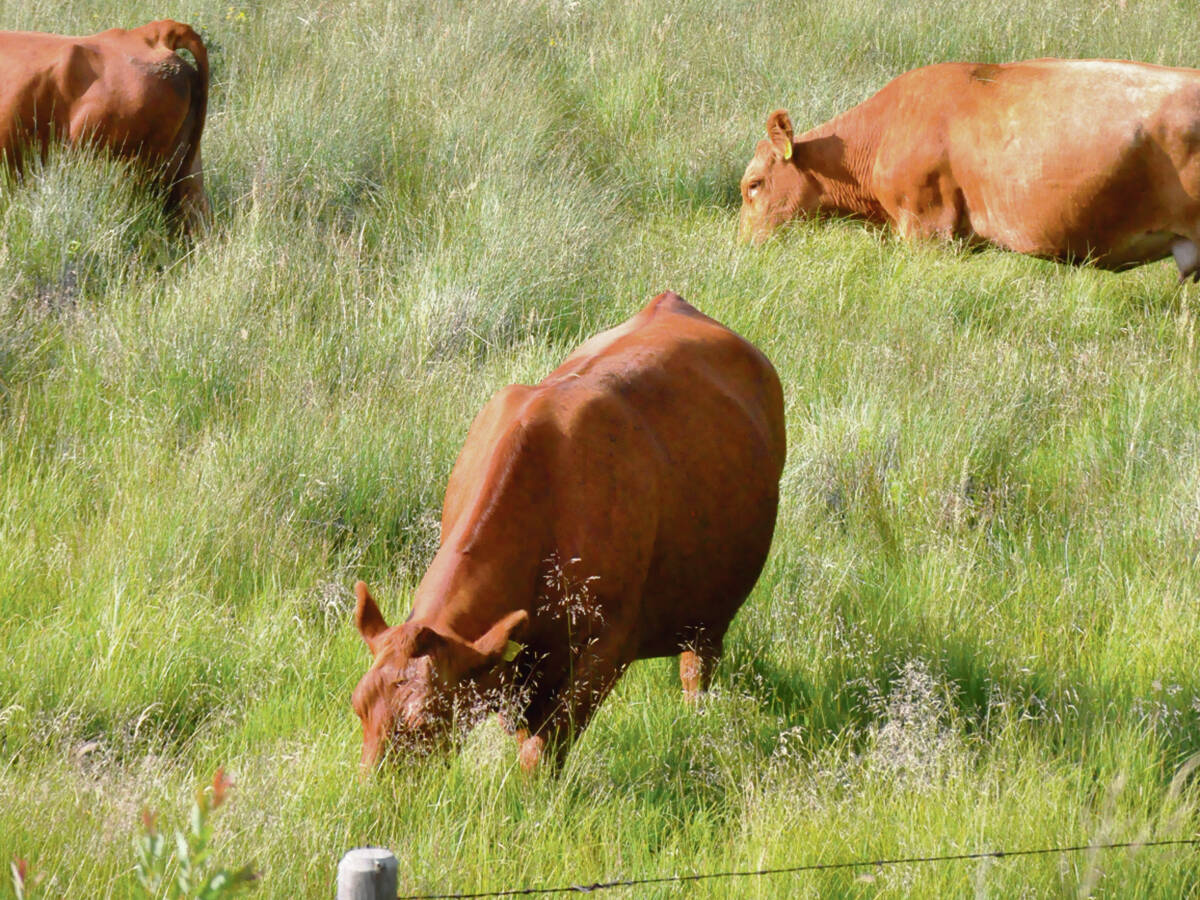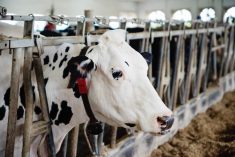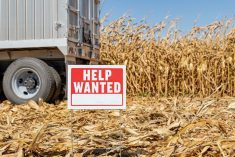Ottawa — The Canadian Food Inspection Agency (CFIA) is spending $20 million to hire, train and equip additional staff members to limit disruptions resulting from COVID-19.
With meat packers and food processing plants considering extended hours as they adjust to taking extra measures to combat the pandemic, CFIA was in need of a response to ensure its inspections would continue.
COVID-19 entering processing plants and forcing workers off the job is one of the biggest threats currently facing Canada’s food supply. Already there have been temporary closures at plants in different parts of the country.
Read Also

Cattle traceability regulations on hold, for now
The Canadian Food Inspection Agency says it will hold off on posting new traceability regulations for now.
“It’s a huge challenge they have to go through right now, putting in place all the measures necessary to meet the provincial public health protocols to protect their employees, including the inspectors,” Agriculture Minister Marie-Claude Bibeau said.
Such closures, she said, are a business decision and she recognizes there will be short periods of disruption at packing and processing plants, but is hopeful once safety measures are put in place the industry will be in a better position to move forward.
The federal government is monitoring the situation and is expected to take additional steps if needed.
“This is a big challenge that the whole supply chain is facing right now,” Bibeau said, adding the federal government is looking at other options but “it’s too soon for me to tell you how we will proceed.”
The $20 million in funding announced Tuesday is primarily to ensure there will be more inspectors available for CFIA to employ. Federal food inspection officials will be working with their provincial counterparts — and vice-versa — and the agency expects to bring in veterinarians and some of its recently retired inspectors to work.
Bibeau said she is aware there could be an increase in demand for CFIA inspectors as processors look to extend their operating hours, as a means of compensating for lower production levels due to COVID-19 mitigation.
“We wanted to add enough inspectors and enough flexibility to make sure if there is a slowdown in the production, it wouldn’t be because CFIA was not able to meet the demand,” she said.
The money is also expected to help develop “flexible ways to carry out inspections,” such as through the expanded use of tablets and other electronic tools and of the CFIA’s remote service delivery network.
The federal opposition Conservatives’ agriculture critic John Barlow said in a statement it is “urgent” for the food supply system that processing plants remain open.
Already CFIA had announced a suspension of low-risk activities, saying it would halt work that does not immediately impact the production of food safety. Food safety investigations, import inspection and emergency management are all being considered high priorities.
Meat packer Olymel temporarily suspended operations at a Quebec kill-and-cut facility after nine cases of COVID-19 were found among its staff. Two beef packing plants in Alberta, responsible for a significant portion of the country’s total processing capacity, have also announced reduced production to combat the pandemic.
— D.C. Fraser reports for Glacier FarmMedia from Ottawa.
















